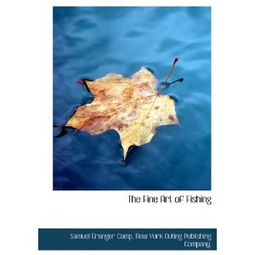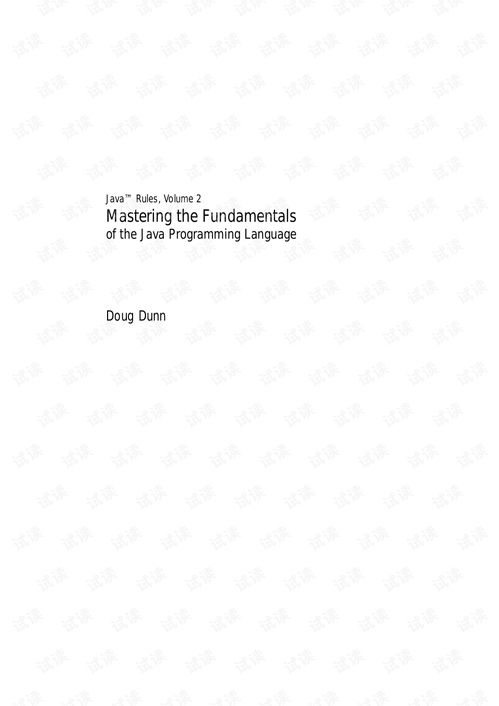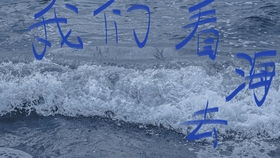
In the annals of Chinese history, fishing has been not merely a means of sustenance but also a source of artistic inspiration and philosophical contemplation. This article aims to delve into the ancient art of fishing as depicted in classical Chinese literature, offering a glimpse into the refined techniques and profound wisdom embedded within the texts.
The Setting of the Scene
In ancient China, the landscape was as varied as the waters they sought to fish. From the tranquil rivers of the Yangtze to the swirling currents of the Yellow River, the waters were a canvas upon which the anglers of yore painted their skills and serenity. The following passage from the classic text "Records of the Grand Historian" by Sima Qian sets the stage for our exploration:
"In the tranquil waters of the river, the angler sits, his heart as still as the water around him. The fish, unaware of the man's presence, glide by, their scales catching the sunlight. The angler, with a rod in hand, waits, his mind empty of all but the present moment."
The Rod and Line: Tools of the Trade
The rod and line were the angler's primary tools, and their selection was as important as the skill of the fisherman. The "Treatise on Fishery" by Zhang Heng, an early Han Dynasty scholar, offers insight into the making and use of these tools:
"The rod should be straight and supple, not too heavy nor too light. The line must be fine and strong, its color blending seamlessly with the water. The angler should hold the rod with a gentle grip, allowing it to bend naturally with the currents."
The Art of Casting
Casting was an art form in itself, requiring precision and grace. The "Fishing Manual" by Li Deyu, a Song Dynasty scholar, describes the technique thusly:
"When casting, the angler must be mindful of the wind and the current. The rod should be raised with a slow, controlled motion, the line unwinding with ease. The angler's eyes must follow the line as it dances through the air, landing softly upon the water's surface."
The Mind of the Angler
The ancient Chinese believed that fishing was not merely a physical activity but a test of character and patience. The "Book of Changes" (I Ching) speaks to this mindset:
"The angler, like the sage, waits with patience for the right moment. He does not force the fish to come to him, but instead, he becomes one with the water, allowing the fish to come to him in its own time."
The Wisdom of the Fishermen
The ancient texts are replete with wisdom gleaned from the experience of the fishermen. One such piece of wisdom comes from the "Fishing Rhymes" by Li Bai, a Tang Dynasty poet:
"In the stillness of the water, the angler finds peace. In the silence of the mind, the fish come to him. To fish is to be at one with the universe, to understand the rhythm of life."
Conclusion
The ancient Chinese approach to fishing was one of harmony and respect for nature. Their techniques, as described in the classical texts, were not just about catching fish but about cultivating a state of mind that was in tune with the natural world. In a world that is increasingly disconnected from nature, the wisdom of the ancient anglers offers a valuable lesson in mindfulness and the importance of living in harmony with our environment.












